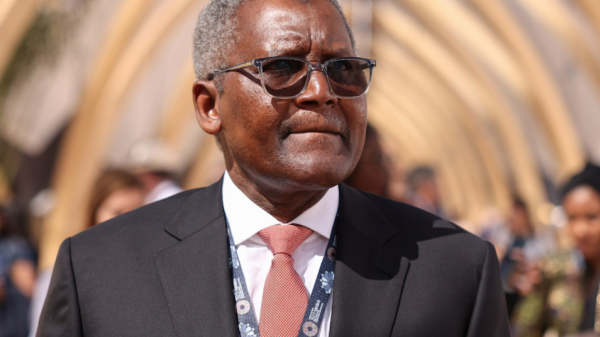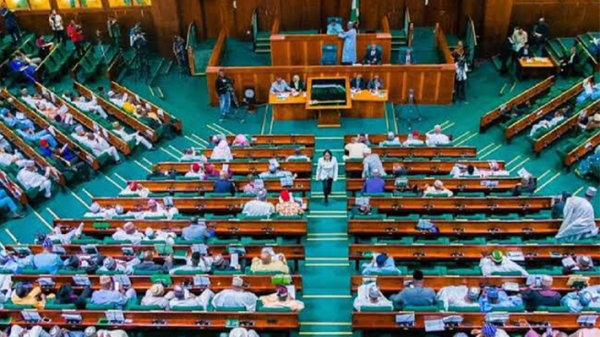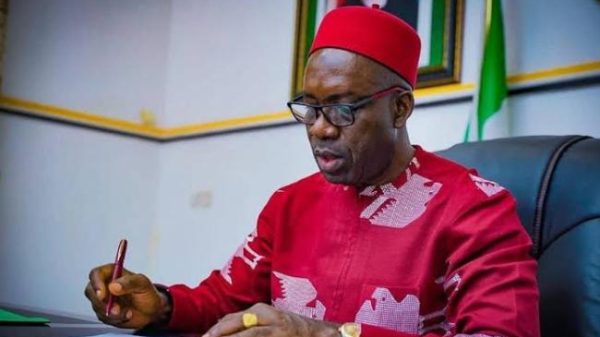Special Skills Acquisition Program for Special students of AlvanIkokuCollege of education
In furtherance of our engagement and the resolve to continue to collaborate with great minds in AlvanIkoku College of Education and also in the bid to transform the special students of AlvanIkoku College of Education to a digital generation by regenerating a new set of creative, job ready and globally competitive youths with relevant skills to thrive in the digital age and be able to cope with the challenges of the 21st century, One Youth One Skill Entrepreneurial Summit is a major program in the Skill them Young Foundation which is rolling out a new program concept, “Future Proof Economies” targeted at the special students of AlvanIkoku College of Education.
The concept is to provide an individual with everything he/she needs for a successful career of choice; start to finish, with Learning, Practice Test and Certification. The essence is to have everyone based in the Digital Literacy foundation program and further options to climb the learning and skilling ladder with little to no obstacle.
In other to successful impact this entrepreneurship skills into the special students of AlvanIkoku College of Education, we have to run a program called EIM (Evaluation, Impartation and Mentorship).

EVALUATION: It is a process that critically examines a program or person. It is also known as assessment which involve the collecting and analyzing information about a person or program. We need to know the background of the participants to advice critically on the particular skills that he or she needs to start and grow. This is undoubtedly the first stage of Skill Acquisition program, it’s a consultation stage that requires setting examination for the participants.
IMPARTATION: This is the act of transferring or conveying knowledge or information to someone for better improvement to give great results. In this context, the information is the Entrepreneurship skill.
MENTORSHIP: This is a relationship between two or more individuals where the individual with more experience, knowledge and connections is able to pass what they know to the junior fellow.
Objectives:
• To equip special students with skills that can enhance their employability and independence.
• To provide opportunities for special students to learn new skills and engage in creative activities.
• To promote inclusive education and social integration among special and non-special students.
• To enhance the reputation of AlvanIkoku College of Education as a leading institution for inclusive education.
Target Group:
• Special students at AlvanIkoku College of Education, including those with physical, intellectual, and developmental disabilities.
Duration:
• The program will run for a period of 6 months, after which we will extend it.

Program Components:
1. Skills Training: The program will offer training in various skills such as:
• Basic computer skills, including typing, word processing, and internet browsing.
• Tailoring and fashion design.
• Art and crafts, such as furniture works.
• Agricultural skills, such as farming and poultry keeping.
- Solar installation
- Electrical panel fabrication
- Baking and catering services
- Leather works
- Bead making
- Codding
- Graphic Design
2. Mentorship and Career Guidance: The program will provide mentorship and career guidance for special students to help them identify their strengths and interests and explore potential career paths.
3. Workshops and Seminars: The program will organize workshops and seminars on various topics related to special education and skills acquisition, such as assistive technology, inclusive teaching, and entrepreneurship.
4. Social and Recreational Activities: The program will organize social and recreational activities to promote social integration and bonding among special and non-special students.
5. Evaluation and Certification: The program will evaluate the performance of special students and issue certificates of completion to those who successfully complete the program.
Implementation Strategies:
• Collaborate with relevant government agencies, non-governmental organizations, and private sector organizations to secure funding and support for the program.
• Recruit qualified trainers and mentors with expertise in special education and skills acquisition.
• Ensure accessibility and accommodation for special students, such as providing assistive devices and modifying facilities as needed in due time.
• Develop a monitoring and evaluation framework to assess the impact and effectiveness of the program.
Conclusion:
The Special Skills Acquisition Program at AlvanIkoku College of Education is designed to empower special students with practical skills that can enhance their employability and independence. The program will also promote inclusive education and social integration among special and non-special students, and enhance the reputation of the institution as a leader in inclusive education.
































































































